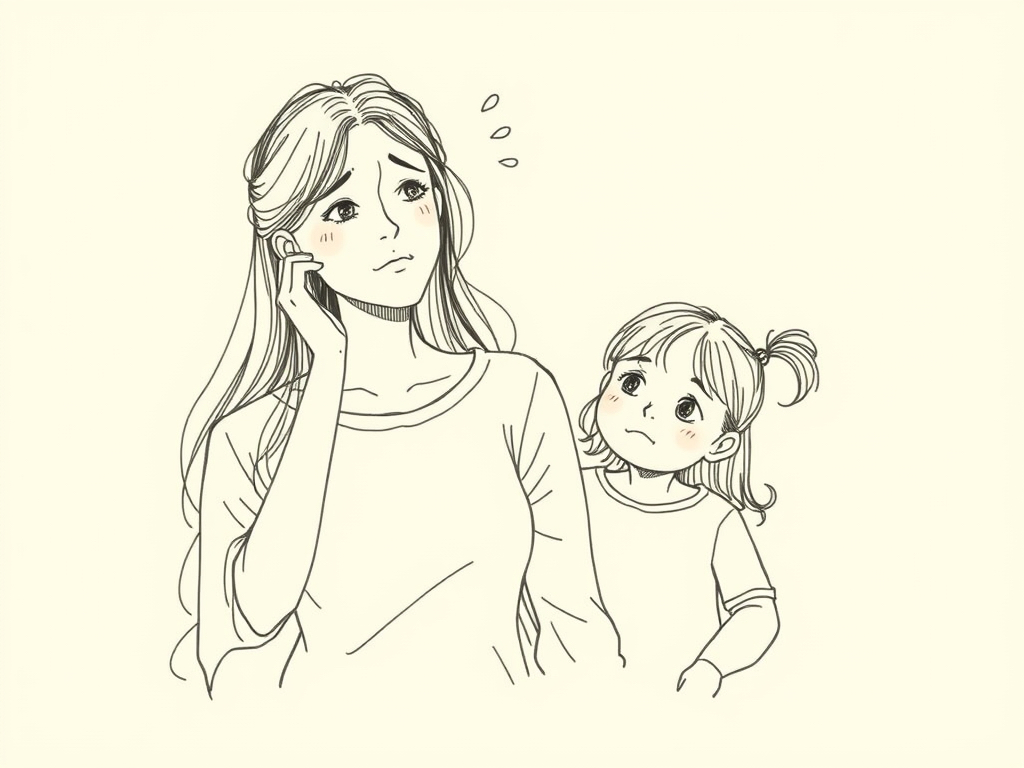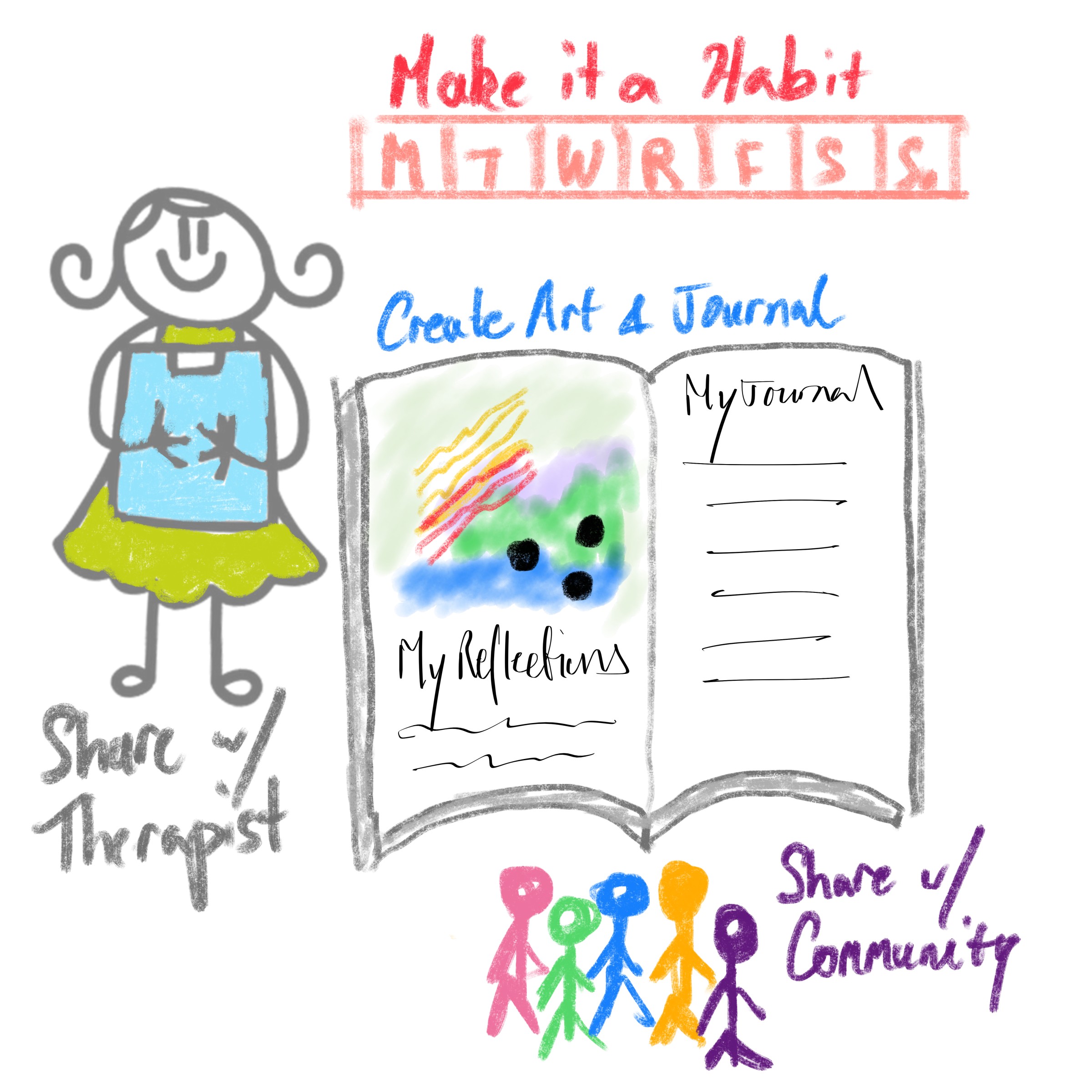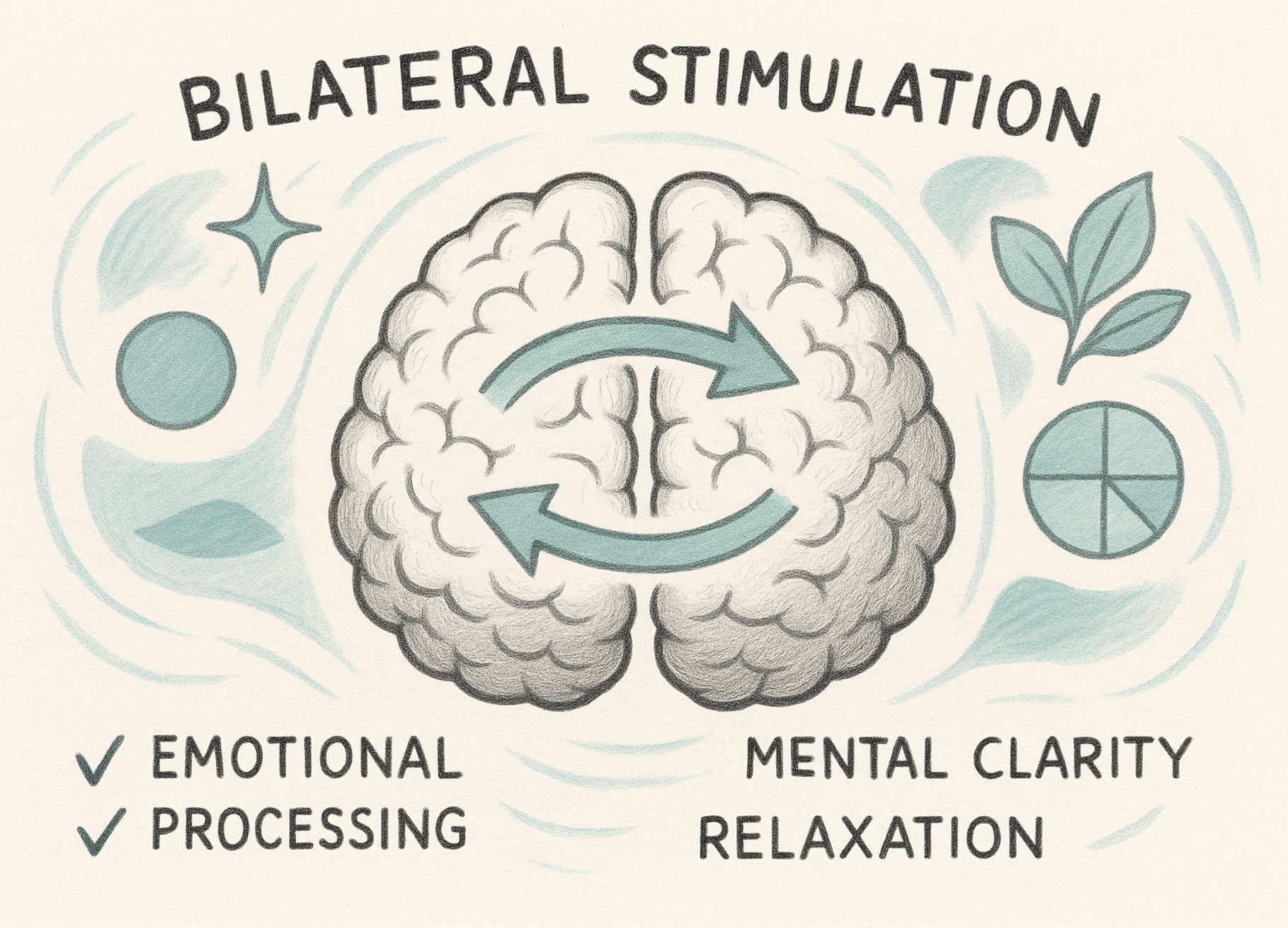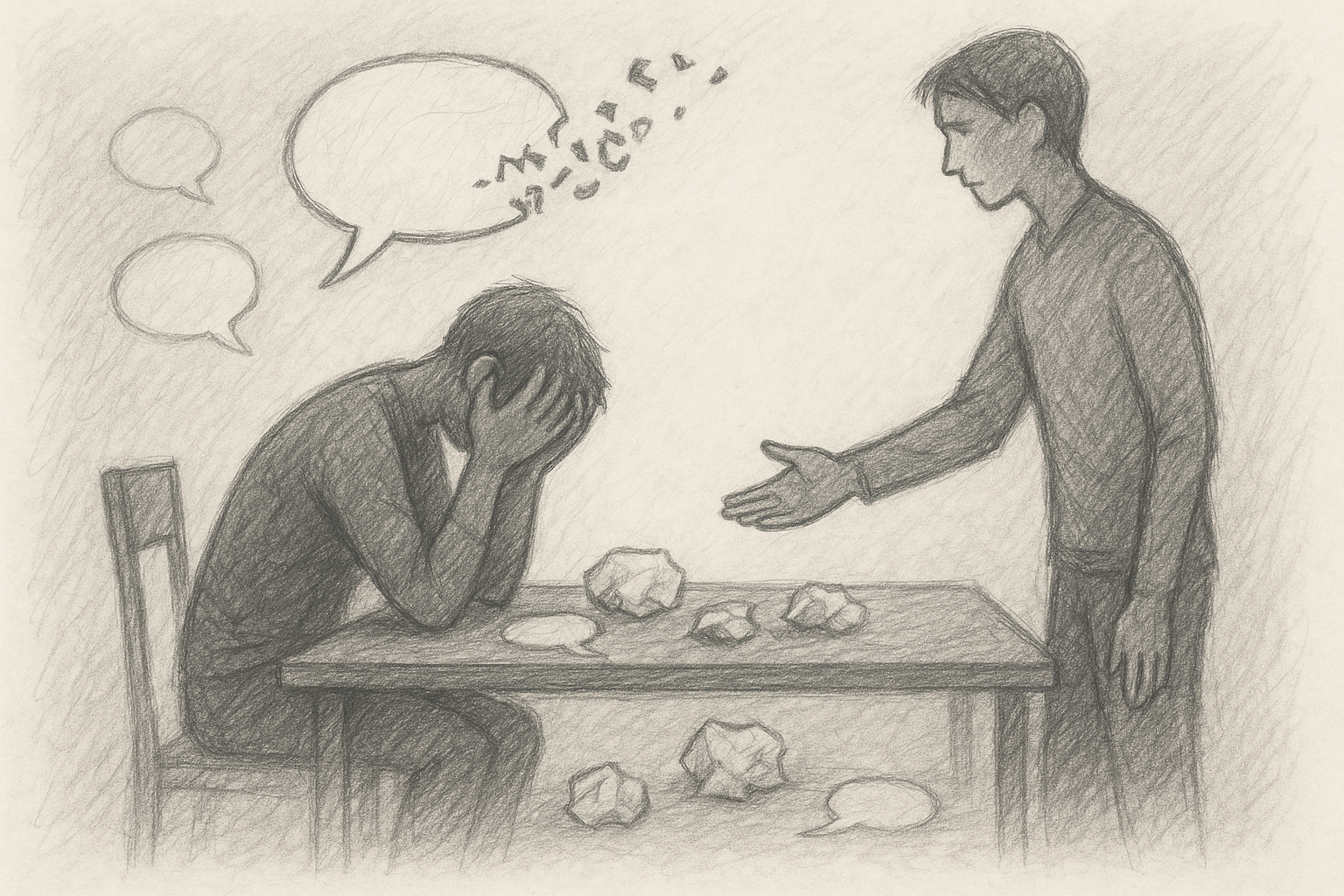
Concerned about your child’s reluctance to socialize? Not sure if he or she is suffering from anxiety, depression or some other mental health concerns? Art therapy presents a compelling option to gently and safely unravel any underlying causes. It’s uniquely tailored to address such developmental nuances.
Art therapy is an innovative approach that uses the creative process as a medium for expression and communication, particularly advantageous for children who may struggle with verbalizing their feelings or experiences. For a child struggling with social settings, depression or anxiety, this form of therapy provides a non-threatening environment where they can explore their emotions and build confidence.
For a mother seeking insight into her child’s behavior, engaging in art therapy can foster a nonjudgmental environment conducive to mutual understanding. By observing and participating in the creative process, mothers can gain invaluable perspectives on their child’s emotional state, triggers, and coping mechanisms. This shared experience can also strengthen their relational bond, as they navigate the therapeutic journey together.

One of the key strengths of art therapy lies in its ability to bridge the gap between internal experience and external expression. Through drawing, painting, or sculpting, children can convey complex emotions and narratives without the constraints of language. This can be especially liberating for a child who feels misunderstood or isolated in peer environments.
Furthermore, the tactile involvement in art-making has therapeutic benefits, promoting relaxation and reducing stress for both child and parent. The action of drawing, painting, or sculpting can metabolize anxiety and depression, transforming negative energies into constructive outcomes.
Moreover, art therapy promotes emotional resilience by encouraging self-discovery and reflection. As your child engages with various artistic materials, they gain a sense of mastery and control, which can translate into increased self-esteem. This newfound confidence can empower them to initiate interactions and participate more fully in social activities.
Art therapy offers a holistic approach that encompasses the emotional, cognitive, and social dimensions of a child’s life, making it an invaluable tool in addressing complex psychological concerns within familial contexts. As Picasso once said, ‘Every child is an artist,’ and through art therapy, every child—and their mother—can discover new ways of seeing and being seen.




Leave a Reply